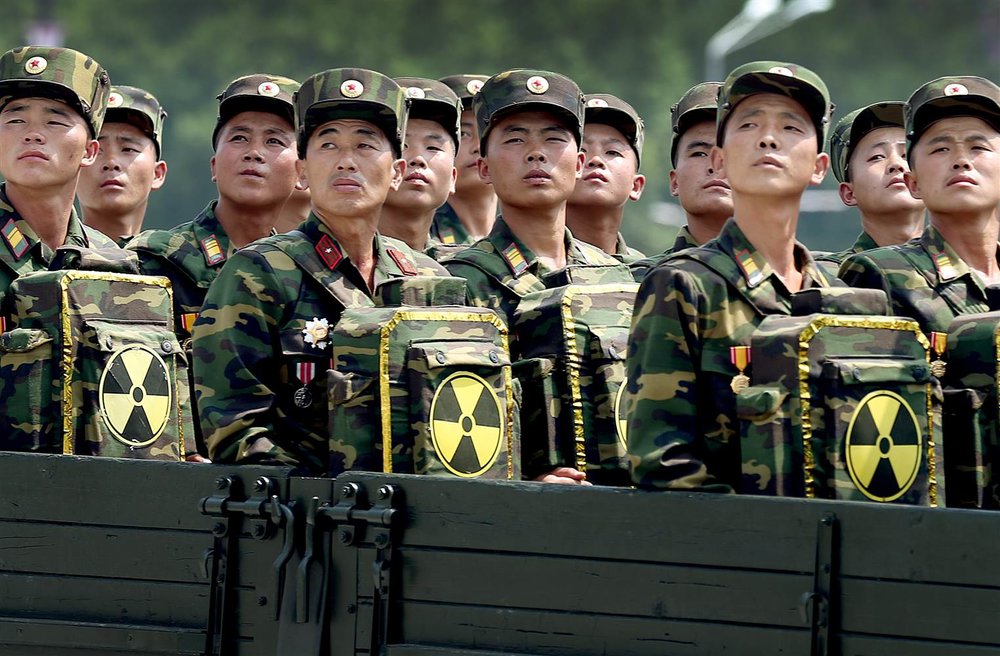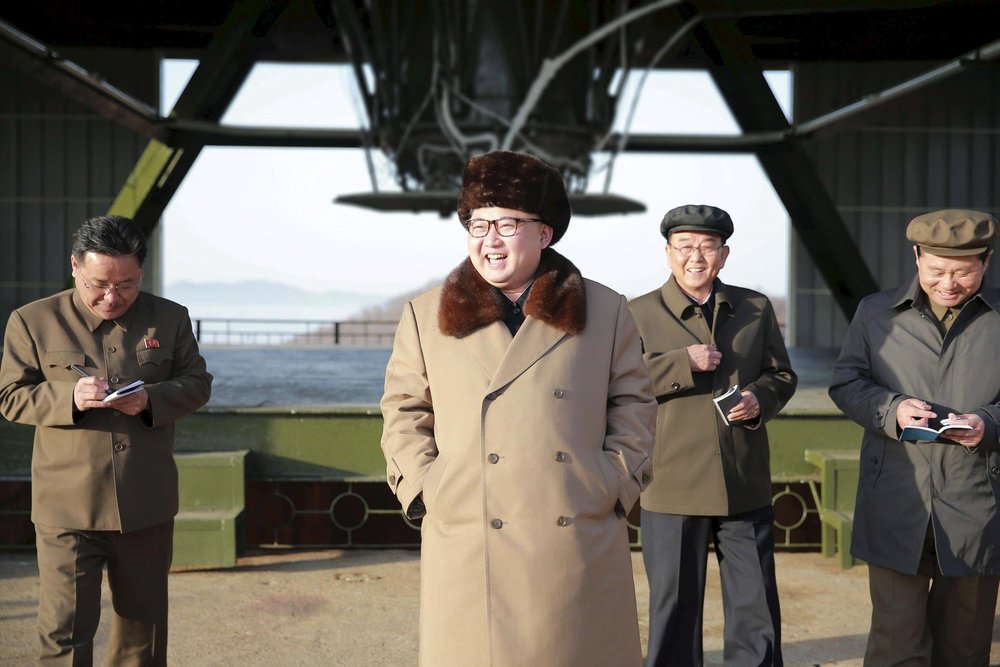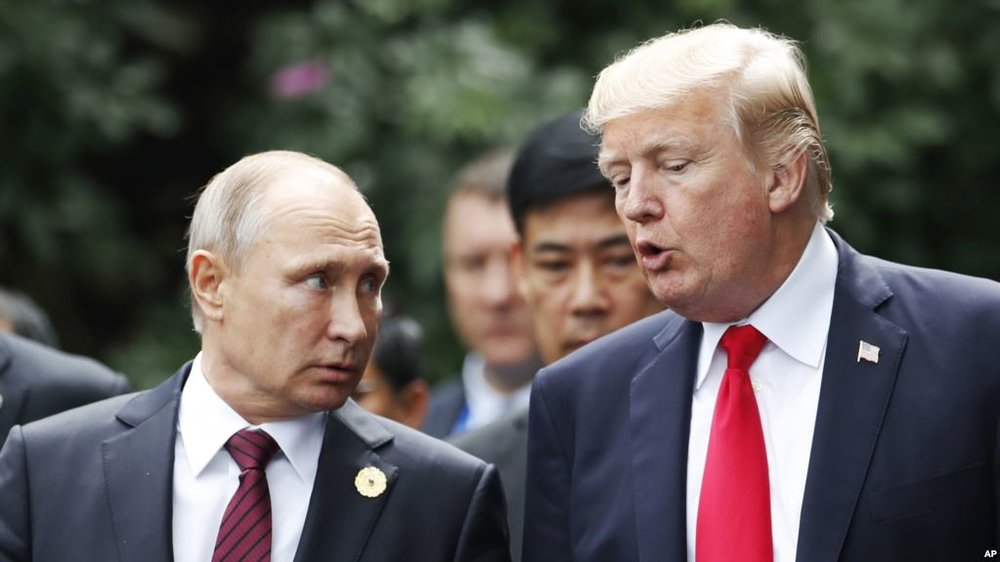Only weeks after the heated rhetoric between North Korea’s Kim Jong Un and Donald Trump came to an end as both parties shifted their focus to this year’s winter Olympics, the U.S. president announced new measures to cut off revenue for North Korea’s nuclear program by placing sanctions which Trump is claiming to be the ‘largest ever’ so far.
Trump Announces New Sanctions Against North Korea

Captured: North Korean’ soldiers, Jan. 2018
Just when tension between North Korea and the U.S. was shrinking, the U.S. president decided to make matters worse again by announcing a new package of sanctions on North Korea which will seemingly end the country’s nuclear program by cutting off the revenues used for funding it.
On Friday, Trump explained his ‘largest ever’ sanctions on the foreign adversary in details and said that the government plans to cut off various smuggling routes that North Korea uses to get supplies for building missiles. Companies and ships that smuggle oil into the country will also be subject to the sanctions.
Trump warned that if the new sanctions failed to work, the U.S. will move to the next phase of the plan which will be extremely ‘unfortunate for everyone’. Despite the embargo imposed on North Korea by the UN, the embattled nation is failing to refrain from illegal import and export of goods. The smuggling is the biggest source of financing for the country’s dangerous nuclear program.
Failure to Comply May Initiate Phase Two

According to President Trump, drastic measures must be taken to stop North Korea from threatening world peace.
The announcement was made during Trump’s speech at the Conservative Political Action Conference, which made it clear that the temporary truce between the two countries has come to a halt, now that the winter Olympics are over. After his speech, the president was asked what he had planned for phase two in case the latest sanctions fail to work. His response didn’t carry any specific details of the plan but he warned that the next phase may be extremely rough – not just for North Korea, but also for the rest of the world.
The sanctions were announced during the president’s joint appearance with Malcolm Turnbull, Australia’s Prime Minister and the two agreed that North Korea was a rogue nation which needs to be dealt with in an extreme manner. Trump said that he hopes to make a deal with the country, but the past record shows that Kim Jong Un’s unwavering resolute to make the most powerful nuclear weapons in the world is not up for negotiation.
Supplies Cut Off to the ‘Rogue Nation’
The clips of Trump’s speech at the conference were released by the White House which detailed the new package of measures against the North Korean regime. The president said that more than 50 companies, trading vessels and ships are being targeted as part of the ‘largest ever’ sanctions and further action by the treasury department will ensue to cut off any other revenue sources that the country might be using to finance its military programs. Oil and coal supplies to the ‘rogue nation’ may also be cut off, which could cause serious fuel shortage in the country, hindering the everyday lives of the people living there.
In September, the Trump Administration managed to convince the UN to place its biggest sanctions ever on the North Korean regime which limited the amount of fuel being shipped to the country. However, Kim Jong Un has found a way around the heavy sanctions and has been smuggling in supplies through sanction-busting ships which transfer the fuel from one ship to another until it reaches its destination. Trump says that the UN’s efforts to stop North Korea’s dangerous missile tests have been derailed due to the trading companies involved in smuggling supplies into the embattled country.

Danang, Vietnam, 2017. – U.S. President Donald Trump and Russia’s President Vladimir Putin at the APEC Summit
A businessman in Taiwan named Tsang Yung Yuan has also become subject to the sanctions due to allegations of his involvement in exporting oil from Russia to North Korea. Despite the reports by the U.S. treasury of Russia’s involvement in illegal fuel transfers, none of the Russian entities or ships have been sanctioned yet. One U.S. administration official said that the government has been discussing sanctions with Kremlin but their implementation is an on-going process.










